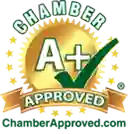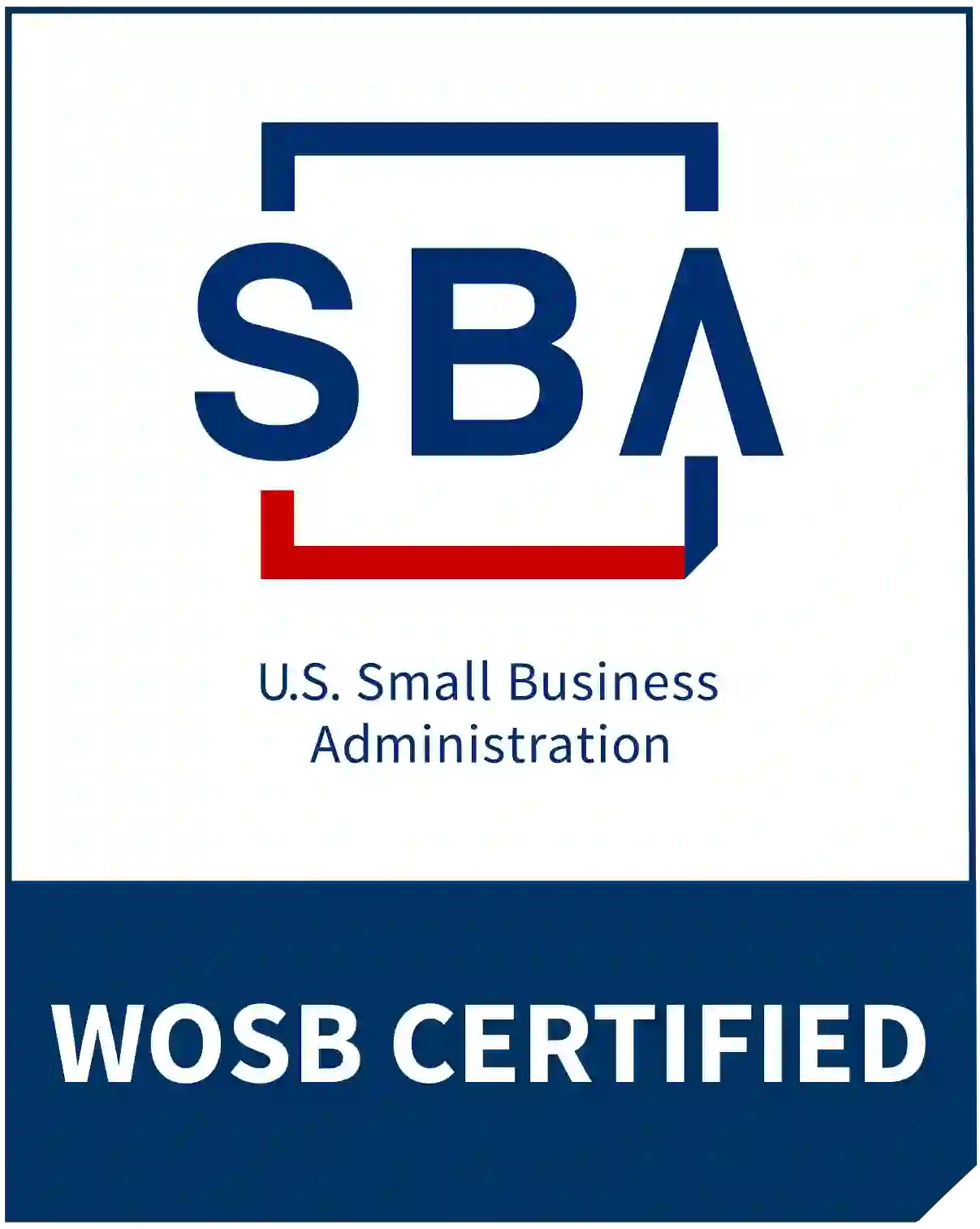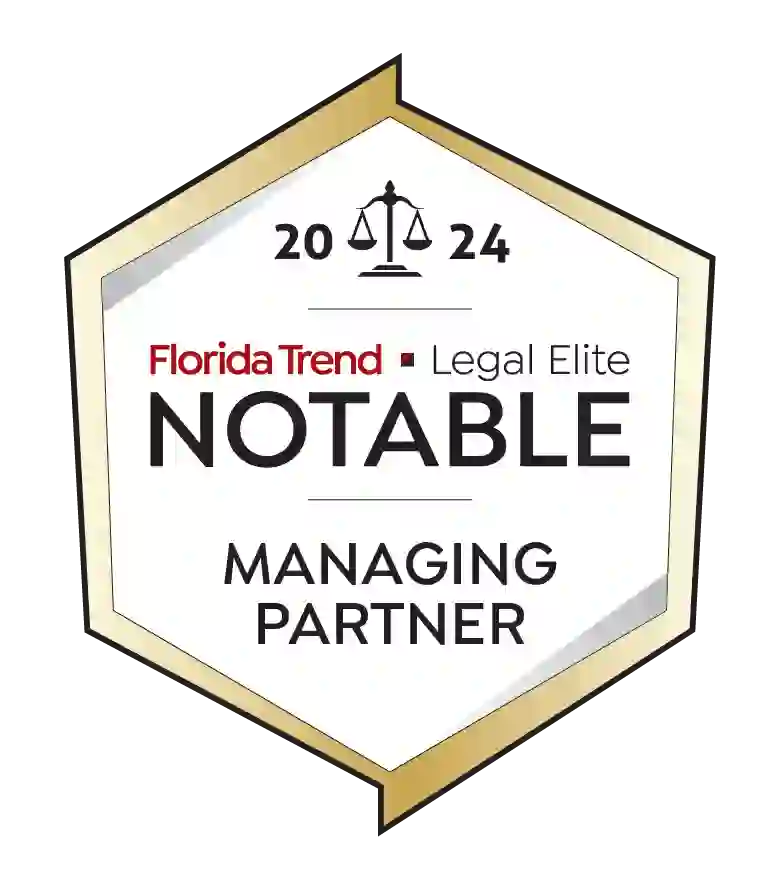The system used to distribute a person’s assets after their death is referred to as intestate succession. However, this approach is only used when an individual dies without a will or proper estate planning documents. Without formal documentation explaining how a person wanted their property divided, the court has no choice but to use the framework provided by Florida state law.
Intestate succession in Florida does not always lead to a person’s ideal outcome for distributing their assets after their death. To ensure your final wishes are respected, you could benefit from a discussion with a skilled probate lawyer from our law firm.
Who Inherits Assets After a Death?
The question regarding who inherits through Florida’s intestate succession laws can be difficult to answer. There are a few parties who could potentially have an interest in a person’s estate, but some have a stronger claim than others.
At the top of the priority list are the decedent’s surviving spouse and children. If there are children of the decedent but no spouse, those children inherit everything. In the opposite case, the spouse would inherit the entire estate if there were no kids. If the deceased individual has children and a husband or wife, then the spouse would get half and the kids would evenly split the rest.
Next in line are the parents, but they will only inherit if there is no one with a higher priority. Finally, if there are no surviving parents, any siblings will share the estate.
There is also the potential for the State of Florida to inherit the assets of the decedent. This situation only occurs when there are no other family members who qualify to inherit under state intestacy laws.
Intestate Succession Does Not Affect All Assets
There are certain assets that are not affected by intestate succession under Florida law. Some assets come with their own specific exceptions and rules. The most common example includes a comprehensive estate plan to direct the division of property differently than how intestate succession might handle it.
There are also types of property that will never be impacted by this law. For example, assets owned jointly with another person are not divided by the probate court. Instead, the surviving owner will generally retain all the rights to the assets.
There are other options to consider, like payable-on-death accounts, life insurance proceeds, and 401k retirement accounts. The terms of these assets determine how they are paid out instead of state law.
Options for Avoiding Intestacy in Florida
The typical way to avoid Florida’s intestate succession laws is through creating a last will and testament. The probate court will follow the terms set out in the will after it is validated and authenticated following the creator’s death. If a will is in place, the assets are handed out based on those terms instead of the framework set out through state law.
In addition to a will, other estate planning documents can also help avoid intestate succession. For example, an irrevocable trust could be used to distribute a person’s assets and avoid probate completely.
Talk to an Attorney in Florida About Intestate Succession Today
If you are considering how your beneficiaries will be set up for the future, an estate plan is a good place to start. Without one, your property will be divided under intestate succession in Florida, which might not meet your or your family’s needs. Contact The Florida Probate & Family Law Firm right away to discuss your options during a free case evaluation.





























